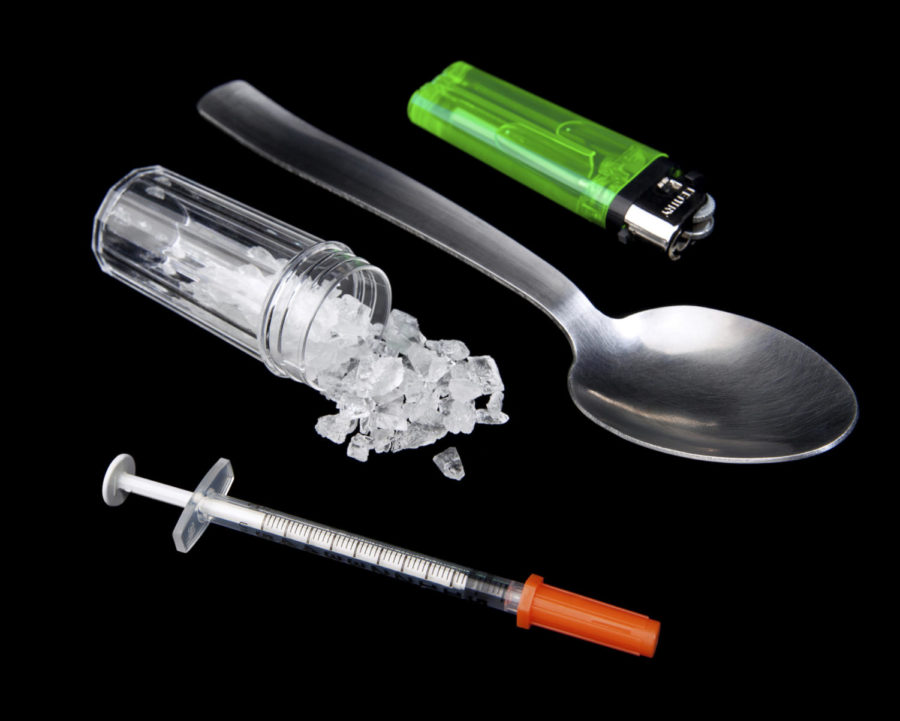Bill criminalizing meth chemicals passes through House
On Feb. 27, the House approved a bill that would criminalize certain chemicals used in the production of methamphetamine.
March 7, 2013
On Feb. 27, 2013, the House voted 95-0 for House File 159, a bill that would criminalize certain chemicals used to make methamphetamine.
The bill, now in a Senate subcommittee, would make possessing sodium hydroxide, ammonia nitrate, ammonia sulfate, and light or medium petroleum distillates illegal if planning on using them to produce a controlled substance.
Rep. Bob Kressig, a ranking member of the Committee for Public Safety, was among the first to see the bill. He explains the consequences of the bill.
“If a person possesses any of those [chemicals] with the intent to manufacture a controlled substance, the person commits a Class D felony, which is a fairly significant punishment. They can go to prison for no more than five years and then have a fine of at least $750, and not more than $7,500,” Kressig said.
Geoff Huff, investigative commander of the Ames Police Department, seems hopeful that the bill, if passed, will have an effect on meth.
“There’s certainly a possibility that making it harder to obtain the precursors for methamphetamines could make a difference. They can’t get the pieces to make the final product,” Huff said.
There are already laws in place trying to stop manufacturers of meth from getting the chemicals they need, specifically in pharmacies and drug stores.
“I know they put some of those items that can be used as precursors behind the counter now, and that did seem to help, at least for a while,” Huff said.
Kressig said that criminals are always trying new ways to get the precursors they need, so new laws need to come about when the legislature finds these new ways.
“We’re always looking at how the criminal entities try to circumvent the law. It wasn’t that long ago that they were using tree fertilizer spikes. They would get the product, ammonium nitrate, out of them. There’s always something we’re looking at,” Kressig said.
“Anytime we can intervene and stop people from making more of the product, the better off we are.”
Huff warns that even if the bill passes to law, law abiding citizens have no need to worry. “A lot of what they look at with precursors is that you have more than one or two of the precursors to methamphetamine. They really don’t have any purpose otherwise,” Huff said.
“If you’ve got pseudoephedrine in your pocket, we’re not going to charge you with having a precursor to methamphetamine because in and of itself that’s not anything. But when you start adding up, you’ve got pseudoephedrine, you’ve got camping fuel, you’ve got the other stuff that is normally used to make it, then it starts to look a lot more suspicious.”
The danger of meth is one of the reasons why this new bill is coming out. “It’s highly addictive; it’s terrible for your body. Every chemical that’s used in it is just like putting a poison in your body. Now it’s like taking many of these poisons and you’re distilling them and making an even worse poison,” Huff said. “Anything we can do to try and curve that is probably a good thing.”
Kressig seems confident the bill will pass in the Senate. “Well, it passed 95-0 here in the House, so I think the probability is pretty strong.”

















